World
The modern world cannot be studied without examining the course, impact and legacy of two world wars, the resources in this section set out to look at both the First and Second World Wars in their global context. The section also includes the Cold War and its impact in Latin America, South-East Asia and parts of Africa. This period also sees the rise and fall of European imperialism and the changing nature of global politics and economics as technology brings different stories from so many parts of the world directly to us. Read more
Sort by:
Date (Newest first) | Title A-Z
Show:
All |
Articles |
Podcasts |
Multipage Articles
-

'The Generous Turk': Some Eighteenth-Century Attitudes
ArticleClick to view -

'Women and Children first!' a lost tale of Empire and Heroism
ArticleClick to view -

100 years of the 19th Amendment
30th September 2020Click to view -
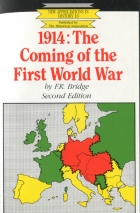
1914: The Coming of the First World War
ArticleClick to view -

1968: the year of reckoning
ArticleClick to view -

A (non-Western) history of versatility
ArticleClick to view -
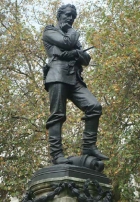
A tale of two statues
ArticleClick to view -

A-Level Essay: To what extent does the art of the Edo period of Japan reflect the contentment of the classes within its society?
ArticleClick to view -

After the revolution: did Cromwell, Washington and Bonaparte betray revolutionary principles?
ArticleClick to view -
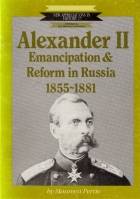
Alexander II
ArticleClick to view -

An American showman P. T. Barnum - Promoter of 'freak shows' for all the family
ArticleClick to view -
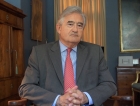
An Interview with Antony Beevor (Film)
Multipage ArticleClick to view -
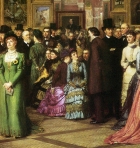
Anorexia Nervosa in the nineteenth century
ArticleClick to view -

Antarctica 100 years on from Captain Scott
ArticleClick to view -

Anti-Americanism in Britain during the Second World War
ArticleClick to view -

Attitudes to Liberty and Enslavement: the career of James Irving, a Liverpool slave ship surgeon and captain
ArticleClick to view -

Bertrand Russell's Role in the Cuban Missile Crisis
ArticleClick to view -
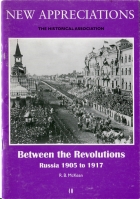
Between the Revolutions: Russia 1905 to 1917
ArticleClick to view -

Brazil and the two World Wars
ArticleClick to view -
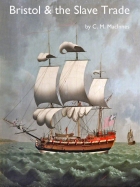
Bristol and the Slave Trade
ArticleClick to view

